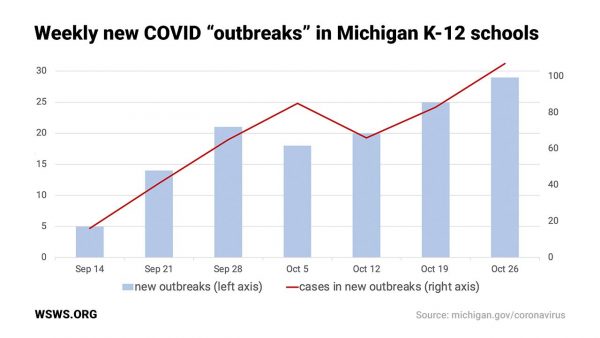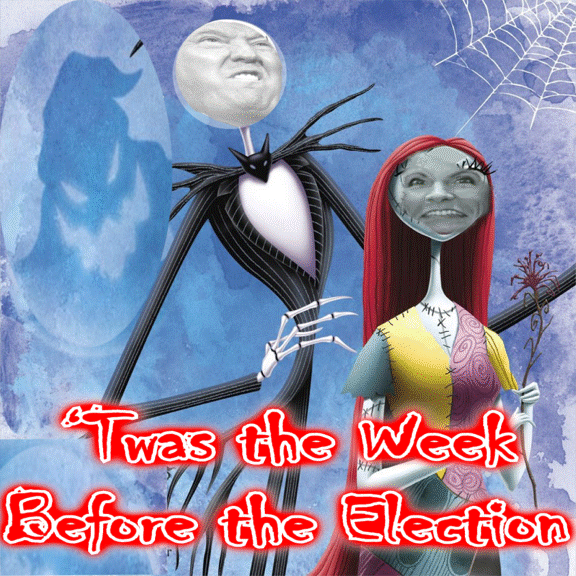Education Research Report: Education Equity in MichiganEducation Equity in Michigan
The Michigan Civil Rights Commission has released a 62-page report describing inequities in Michigan’s K-12 education system and detailing specific recommendations for action that policy makers and educators can implement to make achieving educational equity a priority in all Michigan schools.
The report is the culmination of a series of public hearings and a year-long examination of disparities in K-12 education in Michigan. From May 2018 through the end of March 2019, the Commission held five public hearings around the state and heard from dozens of subject matter experts, school administrators, teachers, parents and students on the ways Michigan is falling short in its obligation to effectively educate all its children.
“This Commission believes that an adequate education is the key to unlocking a lifetime of opportunities and also is a basic civil right,” said Stacie Clayton, Chair of the Michigan Civil Rights Commission. “We learned during our education hearings that not all children receive the kind of education they deserve as their birthright. We urge policy makers, educators and other stakeholders across the state to view this report as a roadmap they can follow to help schools achieve educational equity and give all Michigan children – regardless of household income, race, residency or ability -- the education they need to lead productive and fulfilling lives.”
The Commission became increasingly concerned about educational disparities in 2016 during their examination of the racial implications in the causes of, and response to, the Flint water crisis. What they learned during these hearings led directly to their decision in 2018 to launch an exploration of inequity in Michigan’s education system.
Through the hearing process, Commissioners became increasingly aware that the effectiveness of public school systems is directly determined by the racial and economic makeup of the community. They also found that instead of a cohesive, statewide education system, Michigan is made up of independent systems that operate differently and are resourced in a variety of ways, leading to disparities between high-performing districts and those considered “failing.”
Specific obstacles identified to equity in education include:
- Lack of access to early childhood education
- Varying degrees of parental involvement
- Funding based on declining enrollment that leaves schools grossly underfunded
- Food insecurity
- Lack of specialized instruction, after school and summer school programs
- Lack of qualified, experienced minority teachers
To achieve equity, the report says public school systems must recognize differences and distribute resources based on an understanding of how differences impact equitable access. They must also implement strategies to break down biases and barriers to equity, including:
- Educating on implicit biases
- Developing racially conscious strategies for school integration
- Changing per-student funding and Proposal A
- Eliminating competition between schools
- Increasing teacher pay
- Eliminating legacy debt
- Increasing special education opportunities and funding
The report concludes with a list of recommendations for action, starting with the expansion of the Council for Government and Education on Equity and Inclusion, an MDCR-led initiative, to include representatives of the Michigan Department of Education, and establish the Council as the entity responsible for implementing and overseeing the following additional recommendations:
- Develop a Statewide Educational Equity Plan to enhance policies and accountability.
- Ensure that all data collected by government entities be disaggregated by race and ethnicity.
- Encourage schools to create local equity plans and contribute information and resources to support equitable practices.
- Provide year-round cultural competency/race and equity education and coaching.
- Increase internet access for students and families.
- Support a quality teacher training program, encouraging diversity in teaching roles and student enrollment.
- Encourage the placement of affordable public housing only in school districts that are educationally successful and can support new students who have additional needs.
- Recognize the overlapping roles that housing discrimination, employment discrimination, environmental racism and other racial disparities play in perpetuating educational inequity.
- Create a multicultural, student-led component of the Council for Government and Education on Equity and Inclusion to engage students and parents/guardians on the local level.
Education Research Report: Education Equity in Michigan

































